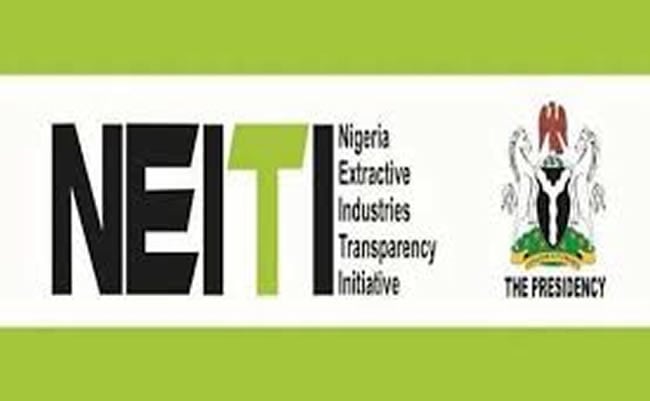Nigeria’s struggle with crude oil theft has taken on alarming proportions, as new data from the Nigeria Extractive Industries Transparency Initiative (NEITI) reveals that the country lost nearly 13.5 million barrels of crude oil—worth $3.3 billion—between 2022 and 2023.
The figure, according to Dr. Ogbonnaya Orji, Executive Secretary of NEITI, represents more than just an economic tragedy. It underscores a crisis of governance and accountability in a sector central to Nigeria’s national survival.
Speaking at the 2025 Conference of the Association of Energy Correspondents of Nigeria (NAEC) in Lagos, Orji said the losses could have funded Nigeria’s entire federal health budget or brought electricity to millions of homes—yet were instead swallowed by corruption and systemic weaknesses.
“These are not just numbers,” Orji declared. “They are broken promises, institutional lapses, and lost opportunities for national progress. Transparency is not optional—it is a matter of economic survival.”
Beyond Oil: The Cost of Secrecy
The NEITI boss lamented that despite Nigeria’s vast oil and gas reserves, the real measure of prosperity lies in how responsibly the nation manages its natural wealth.
Delivering remarks on the conference theme, “Nigeria’s Energy Future: Exploring Opportunities and Addressing Risks for Sustainable Growth,” Orji emphasized that the era of secrecy in resource management must end if Nigeria is to attract investment and compete globally.
“Data builds trust, and trust drives investment,” he said, adding that transparency is the foundation upon which innovation and energy reform must rest.
Billions Earned, Billions Lost
Citing NEITI’s latest audit reports, Orji disclosed that Nigeria earned $23.04 billion in 2021 and $23.05 billion in 2022 from oil and gas. However, the reports also found over ₦1.5 trillion in unremitted funds owed to the Federation Account by oil firms and government agencies—funds that could have bolstered national development if properly accounted for.
Recovering these outstanding remittances, he noted, could significantly strengthen the government’s fiscal position and finance vital projects in education, energy, and healthcare.
Transparency as Reform, Not Rhetoric
Orji highlighted NEITI’s evolution from an audit-driven body to a reform-oriented institution, deploying data transparency and digital tools to curb inefficiency and corruption in the extractive industries.
The agency, he said, has institutionalized annual audits across oil, gas, and solid minerals; created the Nigeria Beneficial Ownership Register, exposing the real owners of more than 4,800 extractive assets; and launched a NEITI Data Centre, providing public access to real-time industry information.
NEITI is also strengthening collaboration with key regulators including the NUPRC, NMDPRA, and the NCDMB, ensuring that licensing, metering, and community trust funds operate transparently.
A Just and Accountable Energy Transition
Looking to the future, Orji unveiled NEITI’s Just Energy Transition and Climate Accountability Framework, designed to ensure that Nigeria’s shift to cleaner energy remains inclusive, measurable, and transparent.
He argued that as the country embraces gas as its transition fuel and expands into renewables, the journey must be guided by verifiable data, open contracting, and clear emission reporting.
“Every barrel, every cubic foot of gas, every naira earned must be traceable,” Orji stressed. “Only then can our natural resources truly serve the people.”
The Road Ahead
In closing, Orji made a profound statement: Nigeria’s challenge is not scarcity—it is stewardship.
Without strong institutions, transparency standards, and data-driven accountability, he warned, the nation risks turning its natural wealth into a national burden.
“Transparency is the bridge between resource wealth and shared prosperity,” he said. “It is the difference between blessing and curse.”

